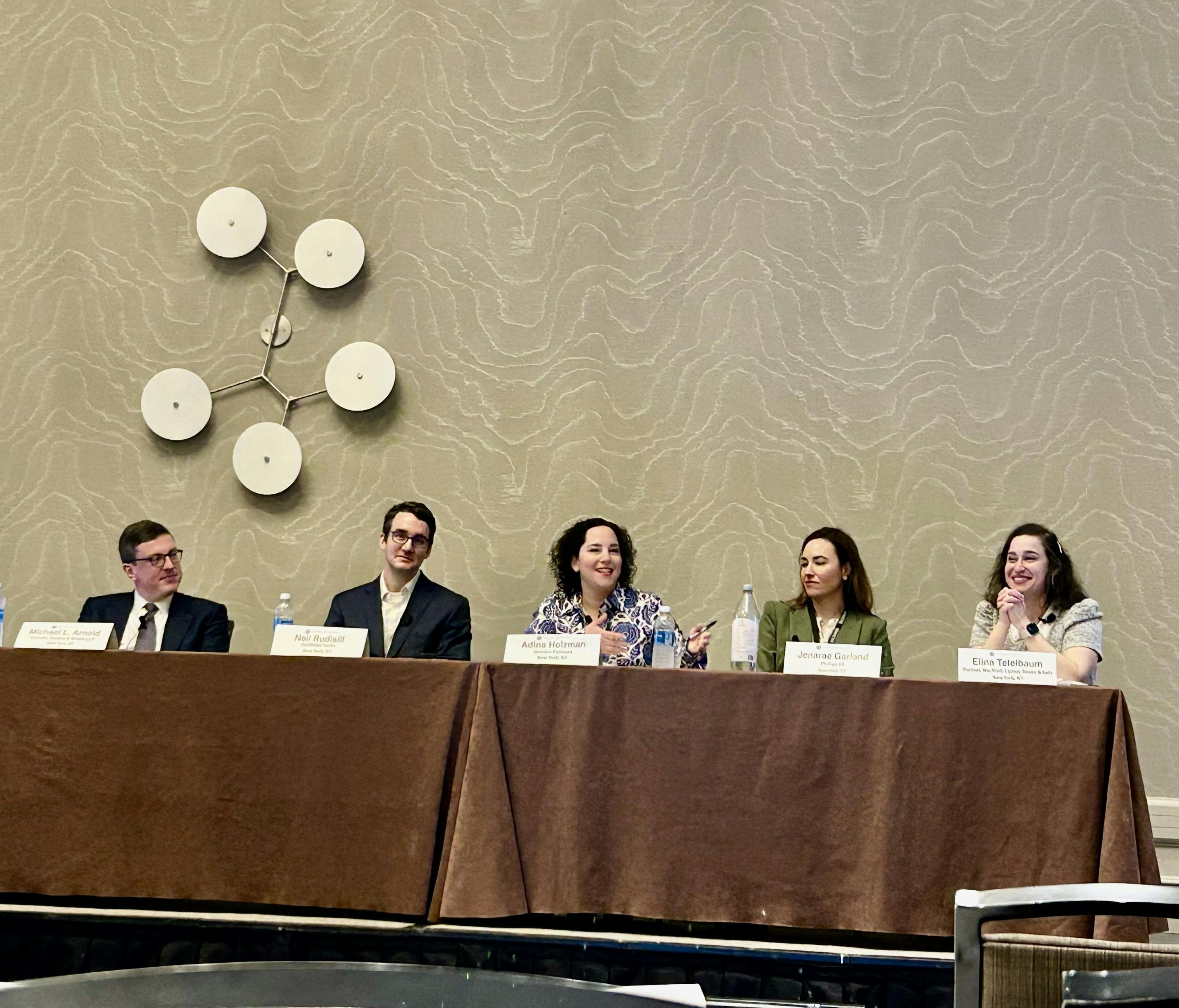Insights
From Newsrooms to Boardrooms: Why Journalists Make Great Corporate Investigators

NEW YORK — August 9, 2023 — When major corporate, political or legal dramas unfold, journalists spring into action, gathering reliable information and weaving it into fact-based narratives that inform the public. The skills and experience required to do the job well are much the same in corporate investigations: expert fact-finding, interviewing, narrative construction, and source evaluation. That is why former journalists often excel as corporate and legal investigators at uncovering the critical information, evidence, and intelligence that can produce extraordinary results for business and legal decision-makers.
Mostly, it comes down to experience. Career journalists have spent tens of thousands of hours tracking down new and valuable facts in obscure documents, identifying and developing sources who can speak first-hand to important topics, and asking creative, open ended, and tough questions in interviews designed to draw out new information and meaningful responses. The best journalists approach the work with rigorous attention to detail and the necessary persistence. They are used to operating creatively and independently, often under the combined pressures of tight deadlines, tough editors, and intense pushback from those about whom they are writing or whose interests are undermined by the reporting.
As a journalist for national, state and local publications, I regularly investigated public figures and agencies. One of my favorite stories revealed how the state of Vermont was making millions of dollars selling residents' personal information without their knowledge or consent. I first learned about the story after a government source told me that the state kept a list of companies authorized to purchase the data. While the state initially dodged questions and denied my efforts to obtain further details via public records requests, officials eventually capitulated after months of persistence and back-and-forth. My resulting investigative report led Vermont's governor and state leaders to issue public mea culpas and strictly curtail the practice.
Business versus Journalistic Investigations
There are, of course, key practical differences between conducting investigations in business versus journalistic contexts. Perhaps chief among those is that corporate investigators do not wield the advantage of the journalist who writes for the well-known publication, a circumstance which can be helpful in opening doors and getting reluctant or difficult-to-access sources to talk.
However, to the ex-journalist corporate investigator, this can serve as an advantage when conducting interviews, as many sources are more willing to share information that is not destined for mass publication.
Among the similarities between journalism and corporate investigations are that good journalists, like good corporate investigators, hold themselves to strict ethical and legal standards and work with practiced discretion and confidentiality. This is not only required in both fields but also key to success in both. Sources respond best to investigators who exhibit these qualities, since they know that any information they provide will be treated with similar care.
Whether corporate or journalistic, success in investigations more often correlates to experience and persistence of the investigator and less to the circumstances or context of the investigation.
Uncovering Important Stories Hidden in Public Records and Information
Success in corporate investigations often requires not only gathering facts but also connecting dots. Former journalists are deeply experienced at navigating a sea of information to find the facts and details that matter and that, when pieced together, frequently tell an important but unknown or hidden story.
Early in the course of a typical background investigation of a witness or potential partner, investigators will search for information in public records, open sources, and various investigative or commercial data sources that is obviously adverse, such as criminal records and litigation that name the subject. The most skilled investigators, however, dig deeper into their target's personal, professional and financial history to see what else is there. Do they represent themselves or their track record accurately? Does anything seem out of place or not make sense? What potential liabilities or issues may be concealed?
For example, in one recent case, we were asked to look into the background of a CFO on behalf of a potential investor. Database and public records searches produced no obviously problematic information naming the subject. Many investigations would end there with a finding of no “red flags.”
But research into companies where the CFO previously held leadership roles found that there was more to the story: that one of his former employers had been accused of financial misrepresentation years after his departure. The wrongdoing had occurred during the period when the CFO oversaw the company’s finances.
Publicly available documents didn’t mention the subject or otherwise explicitly tie him to the fraud, nor did former employee whom we interviewed directly implicate him. As a result of the work, the client was able to address the issue with the subject and add additional internal controls as well as protective provisions to his employment agreement.
Developing New Information from Investigative Interviews
Like good journalists, the best investigators know how to find and interview people to obtain valuable, first-hand information and insights about people, companies, or events of interest. Sources may include current or former colleagues, employees, partners, competitors, opponents, and industry veterans or analysts.
A great interview can unlock a wealth of valuable information about a company, executive, or events. But interviews can also lead to revelations contained in documents that would otherwise never be found.
In one case, when digging into the reputation of an investment firm, a source told us of a raft of accounting and risk-management issues. These apparently had been well-documented in an audit commissioned by a former partner, who had sued the firm upon his exit. However, the audit was not a public document. And although the former partner tried to introduce it as evidence in the litigation, the firm had succeeded in convincing the judge to exclude the audit as evidence and keep the document out of the public record.
While one source told us about the audit, it was another who led us to uncover its detailed findings. The second source told us that the substance and findings of the audit had been discussed in detail in a day-long hearing. Courts transcripts are public record, and we ordered the transcripts of that day’s hearing. There, we found all the pertinent details and findings, which our client was very happy to receive.
Finding sources and getting them to share is a challenge to which journalists are accustomed. The best excel at cultivating source relationships, making them comfortable, and earning their trust – all essential to successful investigative interviews.
Former Journalists as Part of a Corporate Investigation Team
As a corporate investigator, I work closely with not only other former journalists but also those whose careers started in law firms, government, law enforcement, and other corporate investigations firms.
The ex-journalists excel at the things I’ve described, but some of our best investigators have never worked in a newsroom or written for publication. Producing great results in complex investigations requires a team with diverse backgrounds, experience, and training.
Former journalists play a critical role, but hardly the only role, in successful corporate investigations.


